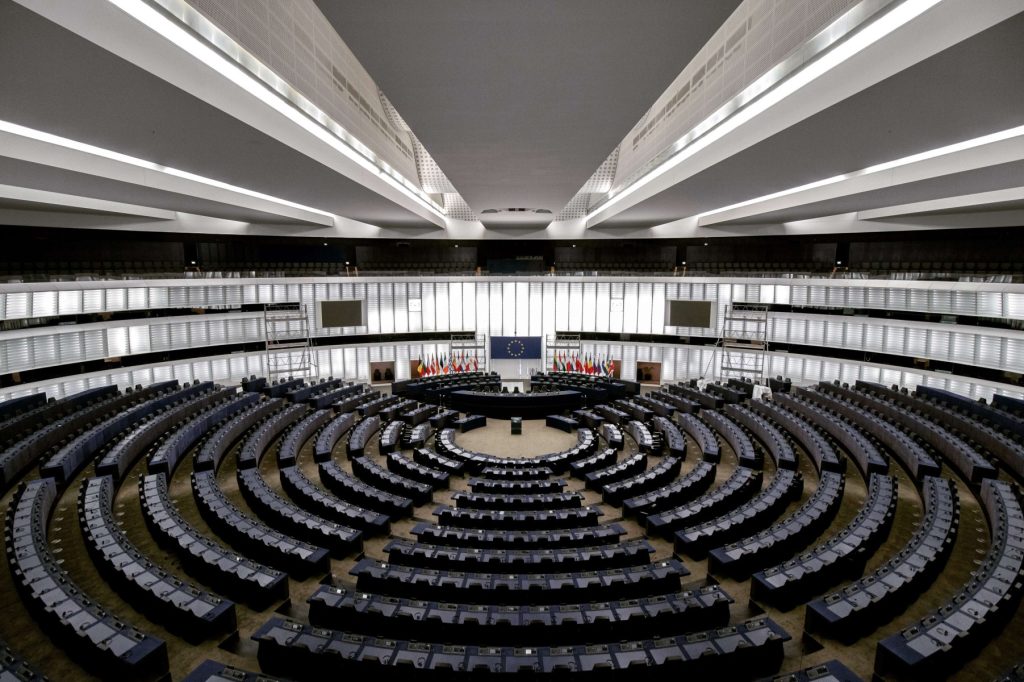
The European Parliament has passed a resolution recognising the value of the esports and video game industries, recommending a long-term strategy to support and fund the sectors.
The European Union’s legislative body passed the resolution by a huge margin, with 560 voting in favour, 34 voting against and 16 abstentions.
The European Parliament resolution recognises the value that esports, and the video game industry more broadly, offers economically and culturally in Europe. It endorses the development of a long-term European video game strategy that takes into account esports and builds on existing national strategies.
The resolution itself is not binding, but a representative for the European Commission — the EU’s executive body — expressed their intention to take action during the parliamentary session.
EU legislators will now decide what, and how, to implement the Parliament’s resolution, which will then form the EU’s strategy on esports and gaming going forward. While free to decide how it’s implemented, legislators tend to follow the proposals put forward by Parliament.
The successful passage of the resolution is a major win for the European esports and gaming industries — both in terms of legitimacy, and financially. Companies will likely have access to EU funding and support once a strategy is devised.
The EU has previously provided only limited support for domestic video game production. Some funding was available through the Creative Europe and Horizon Europe programmes, but the resolution itself criticised these existing funding efforts as insufficient.
The text of the resolution affirmed the EU’s position that esports and sports are different sectors, primarily due to the fact that esports titles are owned by private entities with intellectual property rights.

However, it recognises the commercial value and potential for growth and innovation in the esports and gaming industries. The text asks the Commission to develop a charter to promote European values in esports competitions, consider the creation of a Schengen-wide esports visa, and touts the benefits of esports for education and wellbeing.
Nepomuk Nothelfer, a legal researcher who was commissioned to conduct the reports on esports for the EU, told Esports Insider the vote was a big step forward — but implementation was another challenge. “The resolution alone is a gigantic recognition of gaming and esports,” Nothelfer said.
“[But] I get the feeling the real work will begin after the resolution. Most of the time it’s before the resolution because now you have a plan, and you can act on it. But in esports it’s still so complicated. … I get the feeling that the stages afterwards will take a long time.”
The Parliament-wide debate and vote came after the EU’s Culture and Education (CULT) committee unanimously adopted a parliamentary report on the subject in August.
The resolution was championed by Laurence Farreng, a French Member of European Parliament (MEP) for the Renew Europe Group.
